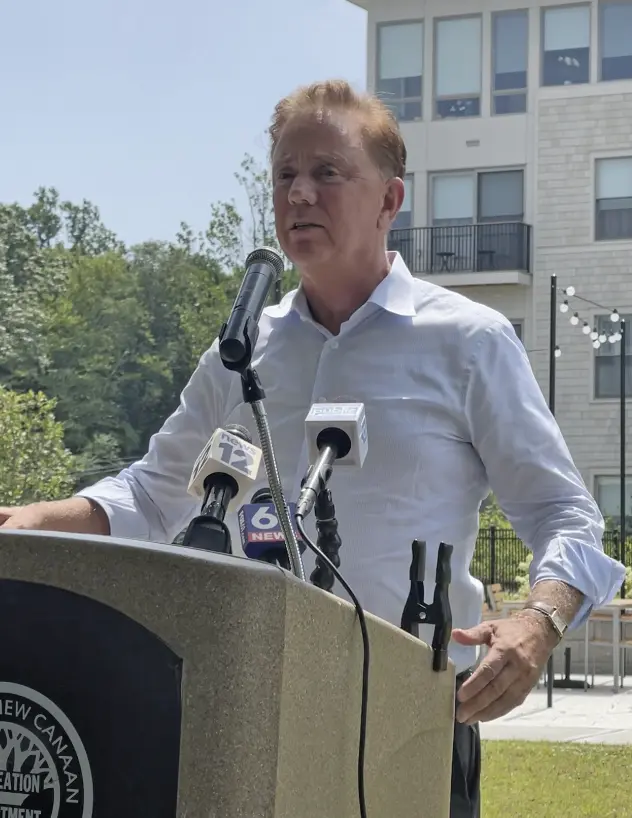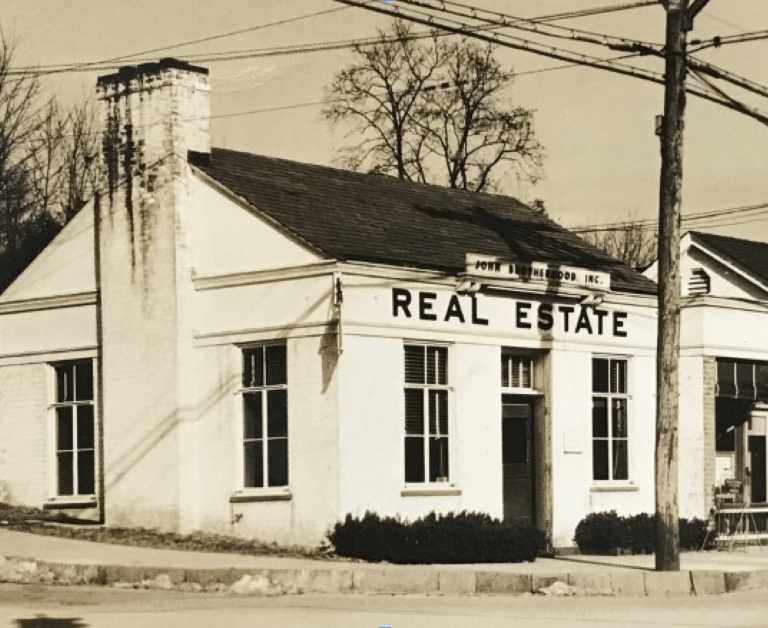By John Engel
As a Planning & Zoning commissioner, I sit through every application. As a Realtor, I walk clients through the results. That gives me a front-row seat to how housing policy plays out — not in theory, but on the streets of New Canaan. From mixed-use conversions to infill development, we’re seeing change. Some of it is welcome. But if House Bill 5002 becomes law, that change may stop being thoughtful and start being reckless.

HB 5002, the so-called housing and homelessness act, proposes four big shifts: First, every town must zone for its “fair share” of affordable housing. Second, developers can build middle housing — duplexes, triplexes, and quads — as-of-right in commercial zones. Third, the state eliminates parking minimums for developments under 24 units. Fourth, infrastructure grants like STEAP would now be tied to zoning compliance.
The problem isn’t housing. The problem is how blunt and out-of-touch these mandates are with the realities of towns like ours.
Let’s start with what’s actually happening here.
Take 113 Main Street, the former home of Connecticut Muffin. A recent application proposed converting the building to 24 apartments, some affordable, with 24 parking spaces tucked under and behind the structure. The developer wasn’t forced to add parking. They did it because that’s what the market demands. Tenants expect it. Businesses on Main Street depend on it. HB 5002 would allow the same project to go forward with no parking at all, shifting the burden to the surrounding community.
Over on Burtis Avenue and Cherry Street, a 25-unit project is under construction right now. It includes three affordable apartments and provides 51 on-site parking spots. This isn’t theoretical housing policy; it’s real development, already underway, already approved, and already delivering on the goal of mixed-income, walkable housing.
This week, the Commission reviewed a preliminary application to redevelop the office buildings at 39 and 49–51 Locust Avenue into a 40-key hotel and eight extended-stay apartments. The applicant proposed one parking space per hotel room and two spaces per apartment — 56 spots — again, not because zoning required it, but because the market does. That’s what thoughtful planning looks like: a developer responding to actual demand, not bureaucratic fiat.
Meanwhile, the town just voted to hire BFJ Planning to lead a full rewrite of our zoning code. This follows years of community outreach through our Plan of Conservation and Development (POCD), which balances affordability, traffic, walkability, conservation, and preservation. We know where we can grow and where we need to protect. That nuance disappears under HB 5002.
One of the most dangerous elements of the bill is the “fair share” mandate. New Canaan’s assignment? Four hundred and sixty-nine new affordable housing units. That number wasn’t requested by the town, studied in a public hearing, or based on what our infrastructure can handle. It was calculated by a formula and handed down from Hartford. There’s no funding attached for schools, roads, or water. There’s no flexibility to count units already built. And the state offers no recourse other than petitioning to negotiate.
Let’s put that in context. New Canaan currently has about 7,655 housing units. Roughly 18% are multifamily — about 1,378 units (vs. 12% in peer towns). Over the past decade, we’ve added 528 new condos, townhomes, and apartments (60 per year). We are growing (4.5% in a decade), and we’re doing it in ways that fit the scale and function of the town.
Zoning isn’t the enemy. It’s the framework that lets residents, developers, and officials work together with predictability. It allows us to say yes to what makes sense, and no to what doesn’t. Erasing that framework won’t speed up good development; it will just increase lawsuits, resentment, and bad outcomes.
And now the state wants to tie infrastructure funding to zoning compliance. That’s not just coercive, it’s counterproductive. In the last decade, New Canaan has received multiple grants for community-building projects but in the last 20 years, only the Waveny Playground came from the Small-Town Economic Assistance Program (STEAP):
• $2 million toward restoring the New Canaan Playhouse, a cultural anchor in the village;
• $300,000 for Phase 2 of the Waveny Park Playground, matched by town funds and private donations;
• $128,000 for improvements to the Carriage Barn Arts Center courtyard.
Looking ahead, we’re counting on state support for upgrades to the New Canaan Branch Line, including a proposed siding near Springdale that would allow for more frequent train service, both for commuters heading into Manhattan and for workers reverse-commuting into New Canaan. Why would we risk all that support just because we believe housing decisions should be local?
We’re not asking the state to do less. We’re asking it to listen. We’re building housing. We’re modernizing zoning. We’re collaborating with developers. What we don’t need are mandates written 50 miles away that assume we’re not doing enough.
This bill punishes towns like ours not because we resist housing, but because we insist on getting it right. Governor Lamont should veto HB 5002 and support the kind of local, thoughtful planning that actually produces the results we all want: more housing, better communities, and a future that reflects the people who live here.
John Engel is a broker with the Engel Team at Douglas Elliman, and this week he and Melissa are listing the house where they lived for 14 years and raised four children. It’s been a decade and house is much improved. It brings back a lot of nice memories. John just put in an offer on a house he last listed in 2016, again a fascinating look at how houses evolve and often improve over time. Apparently, in real estate, you can go home again — you just have to submit the highest and best offer.


